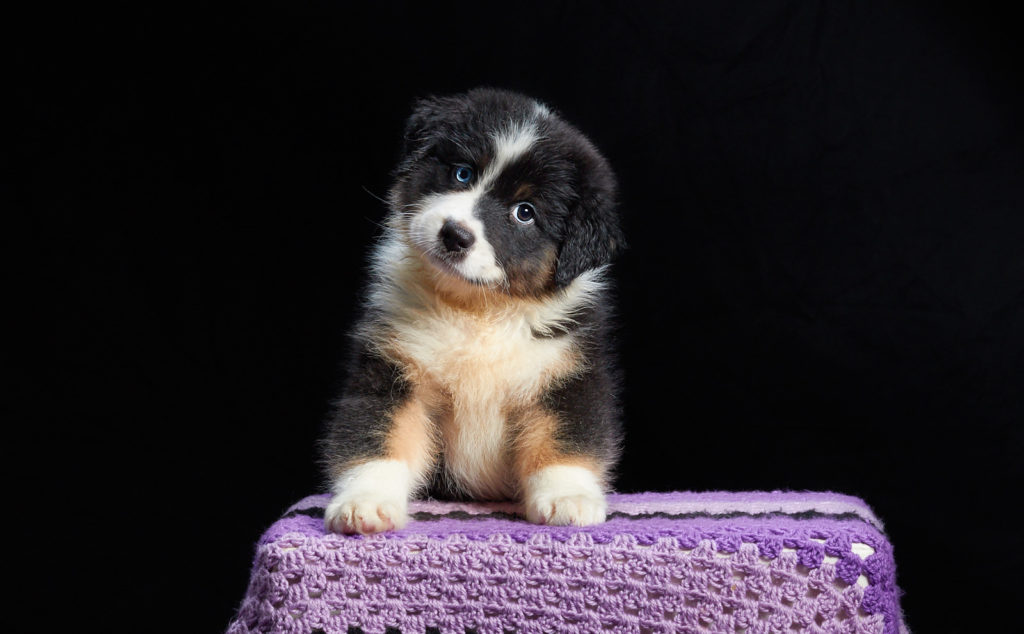Let's go Potty!
Puppy potty training (or puppy toilet training as some may call it) is probably at the very top of the list of concerns of new puppy owners and rightly so! I am sure nobody enjoys cleaning up after a dog does its business in the house, or having the house smell of dog poop or pee. The bad news is that every dog has accidents at first. The good news is that most puppies learn fairly quickly and you can expect a puppy to be fully toilet trained by the time it reaches 16 or 20 weeks. Admittedly, some take much longer, especially small breeds. Keeping a few tips in mind may help you fast track the process.
Tip Number 1: Timing
Dogs usually do their business exactly after waking up and after eating. Use these as markers to help you with training. So, as soon as the puppy wakes up, and immediately after eating take the puppy to its potty area, and ignore it. Also take the puppy to its potty area every time you take the puppy out of its crate if you are crate training your puppy. As soon as it does its business go crazy with excitement telling it what a good puppy it has been. You can also give it a treat. Puppies in general are very eager to please their owners so make it sound like you won the lottery. Just make sure none of the neighbours are watching you, as this might earn you the title of ‘Mr/Ms. Mess lover’, or a trip to the hospital! During the puppy’s waking hours take it to its toileting area every 1 or 2 hours and repeating the above every time the puppy does it’s business. If the puppy has an accident before, decrease the time between potty breaks. You will likely figure out a pattern for your puppy and the time you let the dog out can then be extended.Some people record the times the puppy relieves itself to get a better idea of the time in between, then in the next few days set a timer to remind them to take the dog outside according to the pattern established during the previous days.
Tip Number 2: Body Language and Behavior
Learn to read your puppy’s body language and behavior. You will notice that most puppies will often move at a fast pace whilst smelling the ground before pottying, others move around in circles. Take this as your que to take the puppy to its potty area.
Tip Number 3: Add a Command
There is nothing more annoying then taking a puppy out in the freezing cold in the middle of the night to do its business and instead have it run around and play. It is for this reason that I try to teach my dogs to their business on command. This also comes in very handy when I am in a hurry or when we are visiting a new place and the dog is not sure of where it needs to do its business. All I do is add in a command when they are doing their business. So as soon as the dog starts doing its business I will say ‘Get busy’. After several repeats, the dog makes an association. It is very important that you do not give the command before the dog starts doing its business until the dog knows what the command means.
Tip Number 4: Troubleshooting
When you catch the dog doing its business outside its designated area, give it a firm ‘No’ and take it to its area. Do not smack the dog. This will only give the dog the idea that it should not do its business in front of its owner, and will start finding very creative places to do its business out of your site. If you come home to accidents, ignore them. The dog won’t make an association with the ‘accident’ and your correction.
Smacking the dog or putting the dog’s face in it won’t solve the problem. Dogs are not human, they don’t care about the smell or getting their business all over their face.
Some trainers suggest wiping the mess with a piece of tissue and taking it out along with the dog to the designated toilet area and smearing the tissue on the floor so the dog knows where it is supposed to do its business. I have never personally tried this technique, but several trainers say it works.
Finally, if the puppy wakes up during the night. Make an effort to get out of bed and take it to its potty area.
If potty training is not going well, make sure you are:
1. Not feeding too much – This causes the puppy to defecate (poop) more
2. Feeding at the wrong time – If your puppy is defecating during the night, try feeding its last meal a bit earlier
3. Salt content in food is too high – This causes the puppy to drink more water and consequently urinate (pee) more
4. Submissive urination – Some puppies will urinate when greeted. Do not tell the puppy off s this will only make it worse. Instead try toning it down a little, and make less fuss when you arrive home. This tends to improve and most of the time resolves as the puppy grows older.

1 thought on “Puppy Potty Training”